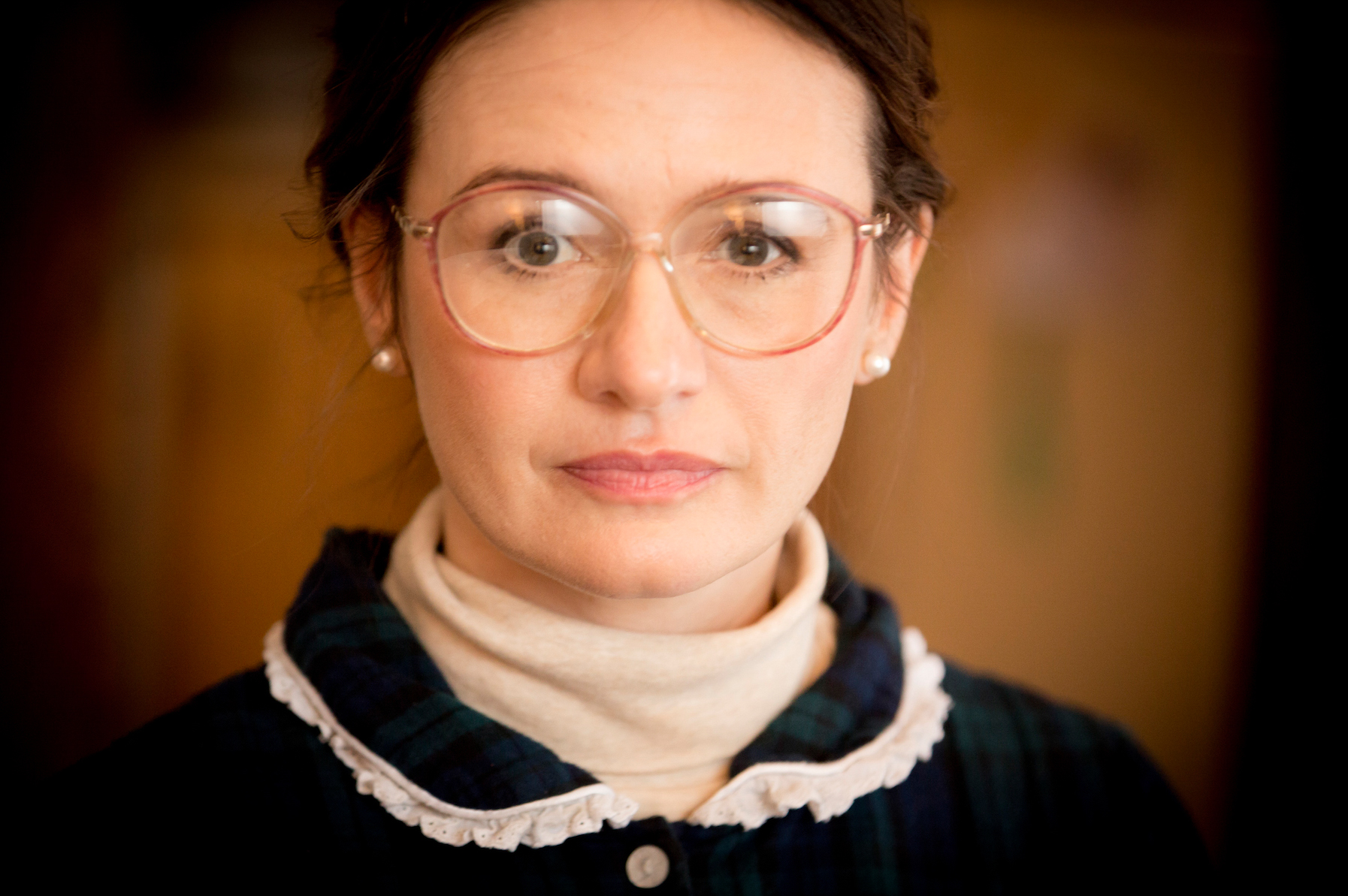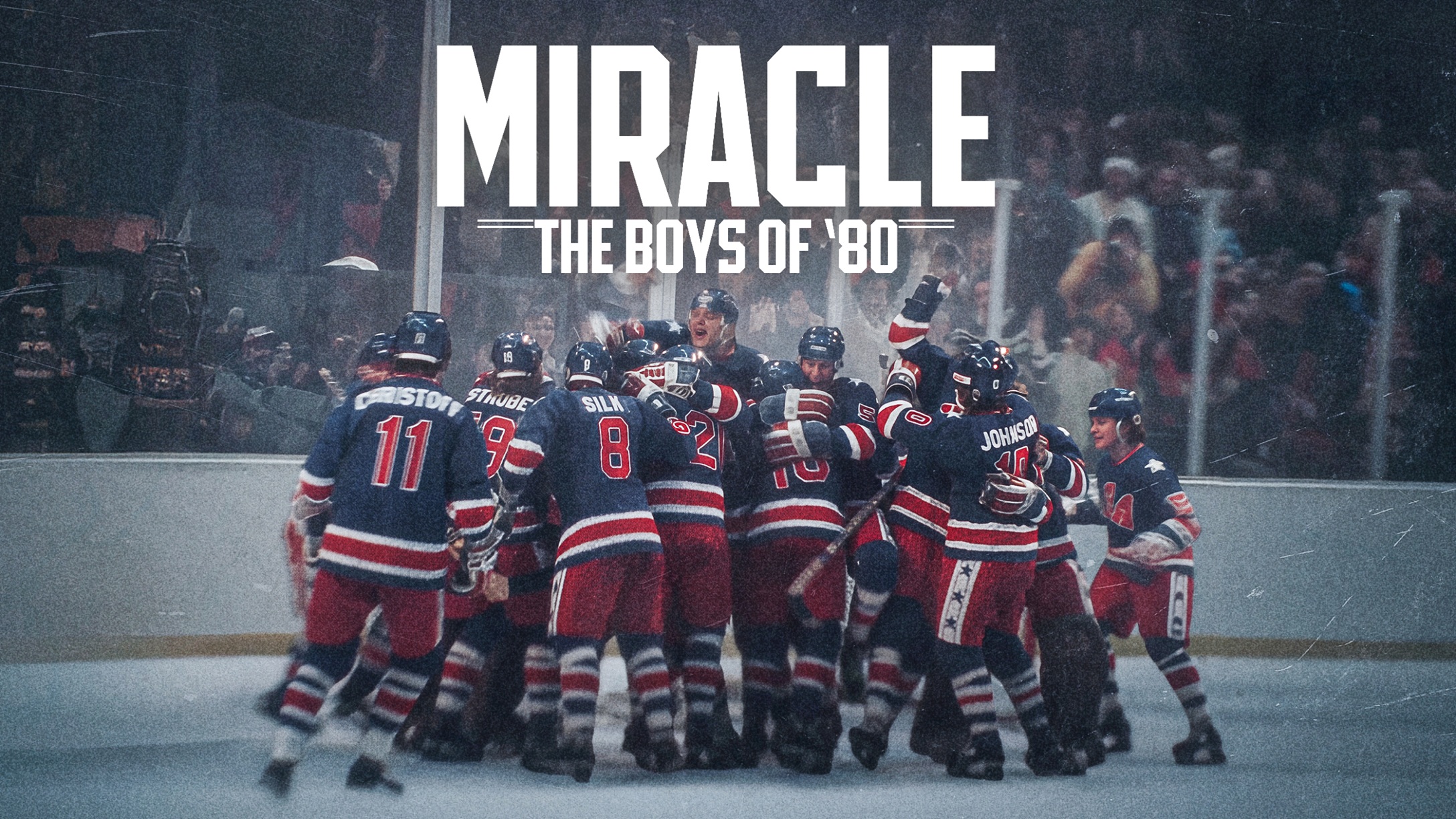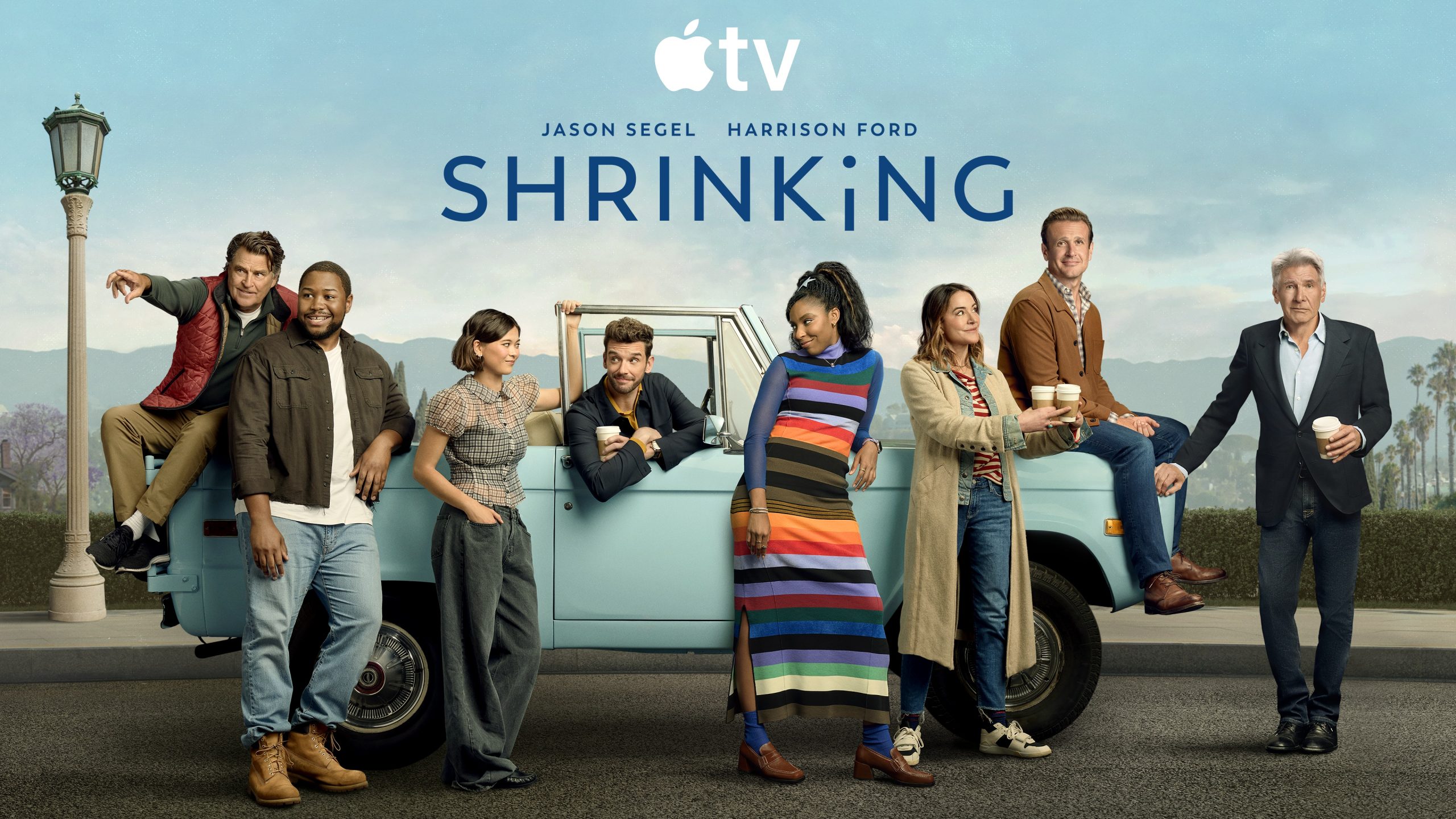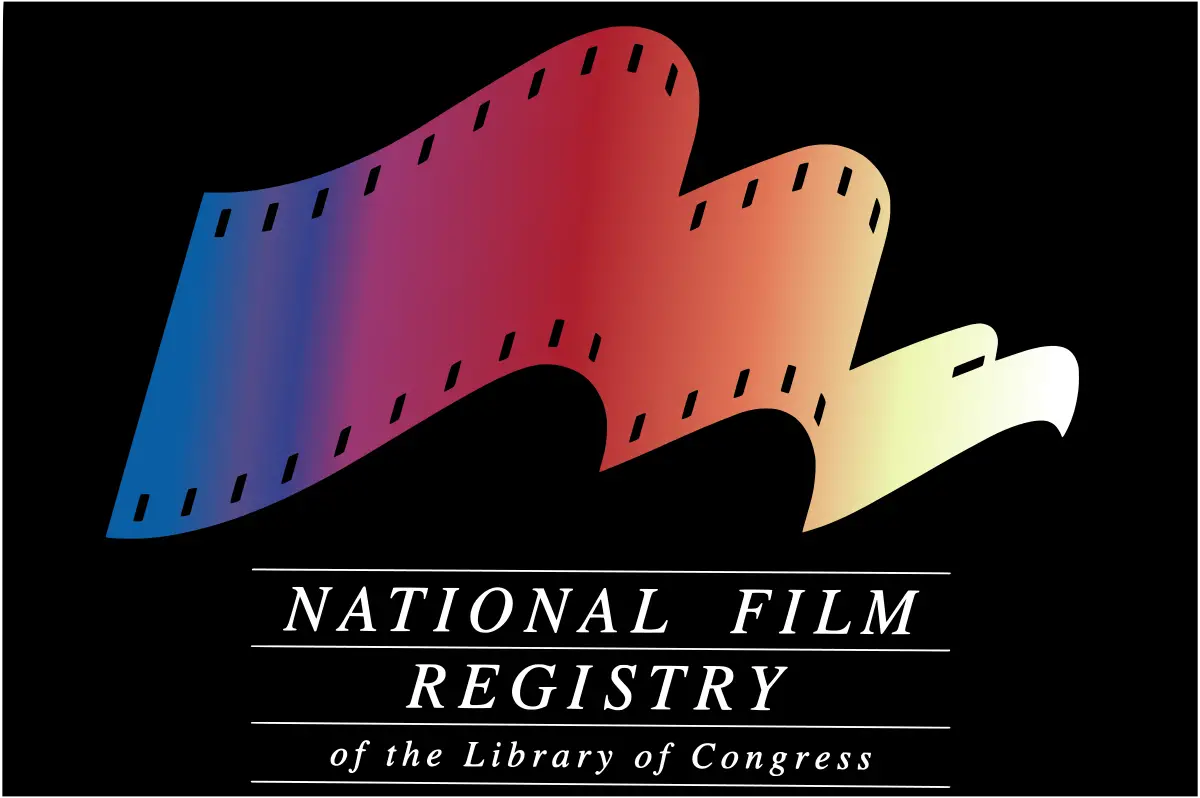
Writer-director A.M. Lukas joined Solzy at the Movies to discuss her short film, One Cambodian Family Please for My Pleasure, screening during Sundance.

Congrats on One Cambodian Family Please for My Pleasure getting selected for Sundance. How thrilled are you to screen the film at Sundance?
A.M. Lukas: I’m beyond thrilled to screen the film at Sundance. I’ve been rejected by Sundance many times. This is much better than that was.
While this film is about your mom’s story, it feels even more important given the rhetoric coming out of the White House about refugees. What do you hope people take away in viewing the film?
A.M. Lukas: My greatest hope is that the film serves as a gentle reminder of the beauty of human empathy, and the danger of “othering.” By othering I mean anything that allows you to see a human being as something other than a creature who at their very core is exactly like yourself, with feelings, and struggles, a bunch of dumb thoughts, mostly on a loop, and most importantly, a soul. It’s wrong to dehumanize people because of the color of their skin or where they happen to be born, and it’s ALSO dangerous to fall into dehumanizing people for holding beliefs that offend yours, no matter how pure your intentions might be. It might feel like the right thing to rail angrily against, say, “Trump Supporters” when the administration is committing legitimate human rights atrocities like separating very young children from their parents—but the danger lies then, in perpetuating a cycle. If you other the otherers, then where are we? “An eye for an eye” doesn’t work of course, it eventually just makes everyone blind.
To maintain that balance of being able to disagree with someone vehemently, while still staying tethered to your shared humanity and acting accordingly, that I’d say is the challenge of the age we’re living in.
I hope the film promotes the idea that we’re all really just parts of a whole. If only the aliens would come already, human kind would get it so fast. That’s a joke, kind of.
Can you talk about what it’s like to have your film be a part of Refinery29’s Shatterbox anthology series?
A.M. Lukas: I remain in awe of what Amy Emmerich, Shannon Gibson, and the whole team at Refinery29 has done for filmmakers in my position. Every day new layers are peeled back of what an incredible difference they’re making in my life, in the larger culture, and for the next generation of filmmakers. I get goosebumps thinking about years from now, the group of films that the anthology will have become—I have a fantasy that Shatterbox will be sort of this Criterion Collection of short films that just oh! yeah…happens to be exclusively directed by women.
This is a film that took home the Grand Jury Prize for Best Short Film during the Edmonton International Film Festival. How honored are you that the film won the award let alone qualified for an Oscar nomination as a result?
A.M. Lukas: It was a massive honor, and not only that, but the people at the Edmonton Film Festival are perhaps the nicest I’ve ever come across. They send me love notes every now and then and I send them love notes back. One of the most incredible things about a festival run is how small it makes the earth feel, you end up with film-loving comrades all over the place, what could be better?
What was the casting process like with regards to Emily Mortimer?
A.M. Lukas: Emily supported the creation of the film in a way that I think goes above and beyond most stories having to do with an actor “green-lighting” a film or anything like that. Emily had agreed to star in the film after she’d read it in 2015, and I’d won a grant to fund its production. But incredibly soon after securing the film’s star and its budget, I became very ill and couldn’t work. A year later when I had fully recovered, Emily was truly the only man left standing. There was no more money, no more production company, no more film institute…just Emily. I was feeling very small at the time, having recently almost died and all, I felt like taking baby steps. She got me on the phone and she told me to shut up about maybe wanting to quit the business, that I was too talented not to make movies and she’d find me a producer and we’d make this movie and we got off the phone and that was that.
To me it’s a story of how an actor who is at their core a storyteller (like Emily) can really will a film into creative existence in the same way a director or writer or producer can. She wanted this story told, and so she made it happen, in many more ways than one.
Outside of screening the film, is there anything you’re looking forward to doing at Sundance?
A.M. Lukas: I want to make a snowman with my baby. And see every single film that’s playing.
How long did it take from inspiration to completion of film?
A.M. Lukas: It was 7 or 8 years from the first draft of this script until it was shot. I love mentioning this stuff for all the kids out there encountering rejection or feeling like they’re going around in circles while pursuing a life in the arts. I love the metaphor of a spiral staircase: when you walk up one you’re simultaneously walking around in circles and ascending to new levels. That’s exactly how the creative life can feel a lot of the time, in my experience. Much of your time is spent endlessly tortured by the feeling that you’re not getting anywhere. It’s a struggle to have faith that, through every seemingly futile turn, you are in fact moving skyward.
Anything specific you want to share about the production itself?
A.M. Lukas: The production of One Cambodian was a dream. I had the great good fortune to get artists like Amy Williams (production designer of Master of None) to recreate my actual childhood home in Fargo (down to the dirty Persian rug hanging on the wall), while mind-melding with my favorite cinematographer Meena Singh in order to recreate the feeling of childhood memory through playing with light, camera movement, and color, and to tell the story of Hanka by creating these 3 distinct visual chapters.
It all felt very indulgent, as someone who made short films for years on no budget, mostly in Prospect Park and apartments in Brooklyn, to be able to shoot on location in Fargo, twice, was beyond wonderful. We shot in a house 30 feet from my actual childhood home, one that belonged to a neighbor I was still in touch with and who happened to have the house empty, ready to sell but not yet on the market. There were a lot of beautiful moments of kismet like that. I thought maybe I was crazy for insisting on a Fargo shoot and a real North Dakota field rather than faking it all on Long Island. But then I saw Cuaron’s Roma and heard about his production and now I’m like SEE? Suck it everyone who was against me!!!! (no one was against me they were all so wonderful I don’t know what I did to deserve this).
Any thoughts re: the benefits of having many ways audiences will see/have seen you film?
A.M. Lukas: I’m completely off of all social media because I believe that at least some of humanity should be, just in case it’s turning us into murderous zombies. But I’ve been shown the numbers of views the film has of course, and every now and then I think “A million? A million people have seen this film.” And I just have trouble believing it. It’s a hard thing to wrap your head around. The only time I can actually feel it reaching people are the rare occasions I get to sit with an audience in a theater and hear them react, and maybe even get to speak with them afterwards. That of course, is the best. Projected in a movie theater is the way the film was made to be seen of course, because cinema, but because the story holds within it a message I believe in deeply, I’m happy and grateful that the internet has provided so many opportunities for it to be seen. I had a college student tell me she watched it on her phone while standing next to the running shower because it came up on Refinery29 as she was peeing and I was like GREAT!
What other projects are you working on?
A.M. Lukas: I could tell you but then I’d have to kill you. 🙂







